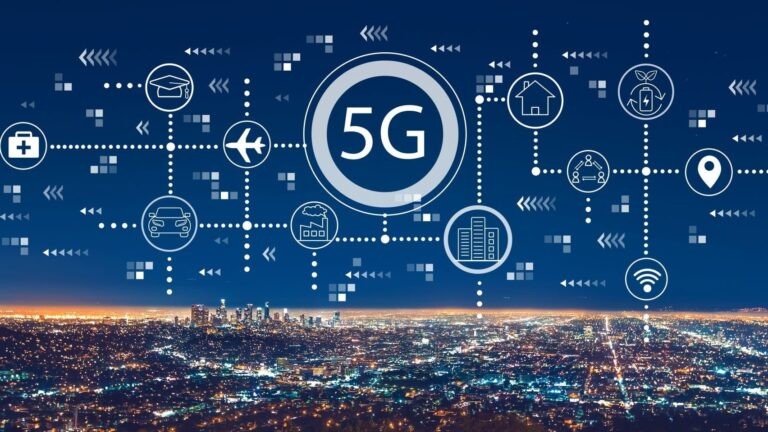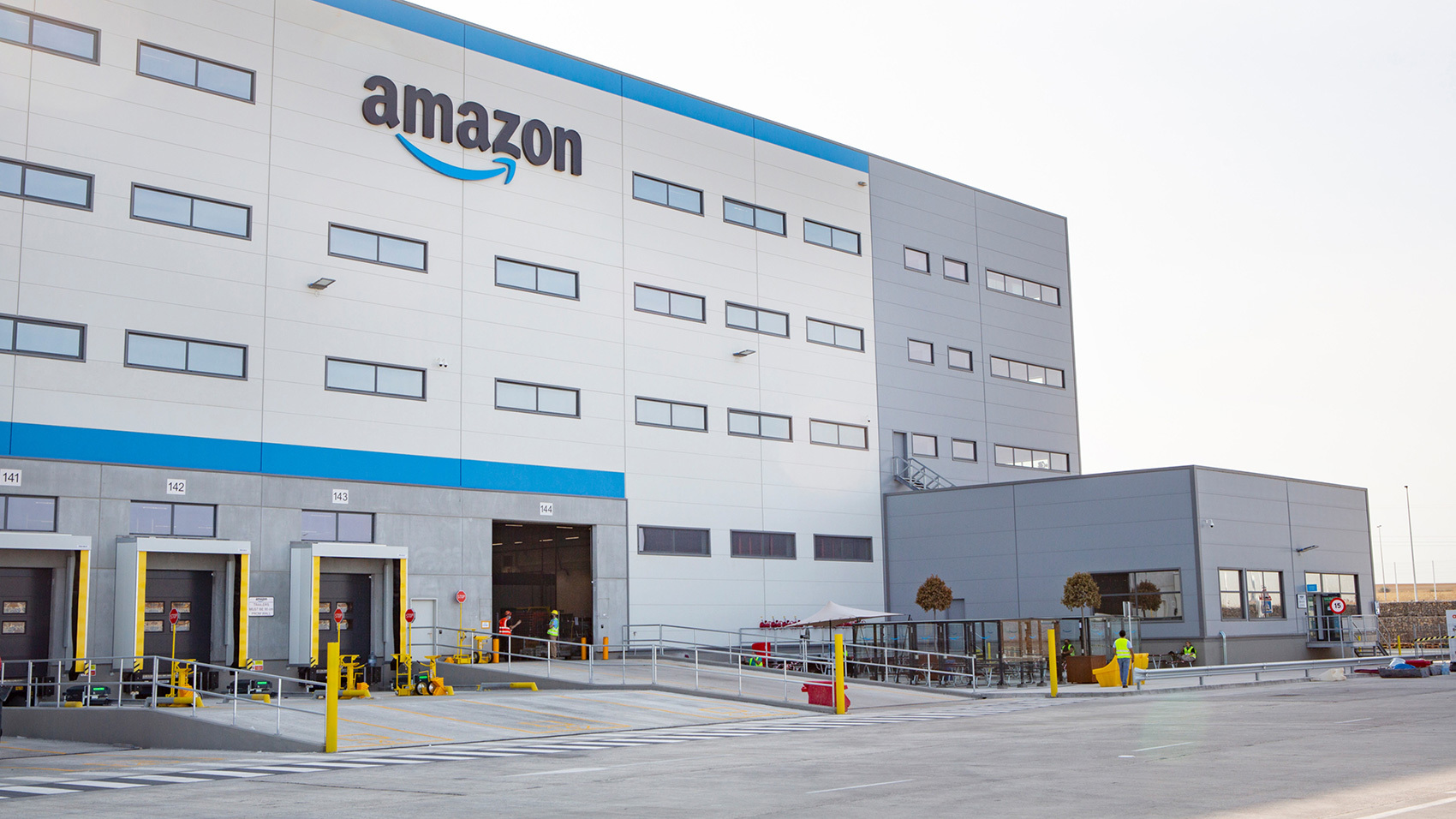visibility.
How 5G is Transforming Supply Chain Connectivity
1. Enhanced Real-Time Tracking & Visibility
5G enables seamless communication between IoT devices, allowing businesses to track shipments, inventory, and assets in real time with greater accuracy. This enhanced connectivity ensures reduced delays, proactive risk mitigation, and improved customer satisfaction.
2. Ultra-Low Latency for Faster Decision-Making
With latency as low as one millisecond, 5G enables instant data transmission, ensuring that supply chain managers can make quick, data-driven decisions. This is crucial for industries that rely on real-time information, such as perishable goods logistics and just-in-time manufacturing.
3. Improved Warehouse Automation & Robotics
The increased bandwidth of 5G supports smart warehouses equipped with automated robots, AI-driven sorting systems, and drones for inventory management. Faster data transmission ensures these systems operate efficiently with minimal downtime, increasing overall productivity.
4. Better Fleet & Transportation Management
5G enhances vehicle-to-vehicle (V2V) and vehicle-to-infrastructure (V2I) communication, optimizing route planning, reducing fuel consumption, and minimizing delivery delays. Autonomous vehicles and smart traffic systems powered by 5G improve safety and efficiency in logistics.
5. Stronger Cybersecurity & Data Protection
With enhanced encryption and secure network slicing, 5G improves cybersecurity measures, protecting supply chain data from cyber threats. Companies can segment their network to prevent unauthorized access and ensure secure data exchanges across the supply chain.
The Future of 5G in Supply Chain Management
The widespread adoption of 5G will lead to fully connected, intelligent supply chains. The combination of AI, IoT, and blockchain with 5G will drive predictive analytics, automated decision-making, and seamless communication between stakeholders. Businesses that invest in 5G-enabled supply chains will gain a competitive advantage by improving efficiency, reducing costs, and meeting evolving consumer expectations.
Conclusion
5G is revolutionizing supply chain connectivity and performance by enhancing real-time tracking, automation, fleet management, and cybersecurity. As adoption grows, businesses must embrace this technology to stay ahead in an increasingly digital and interconnected world. The future of supply chains is hyper-connected, agile, and data-driven, and 5G is at the heart of this transformation.
.png)
.png)







